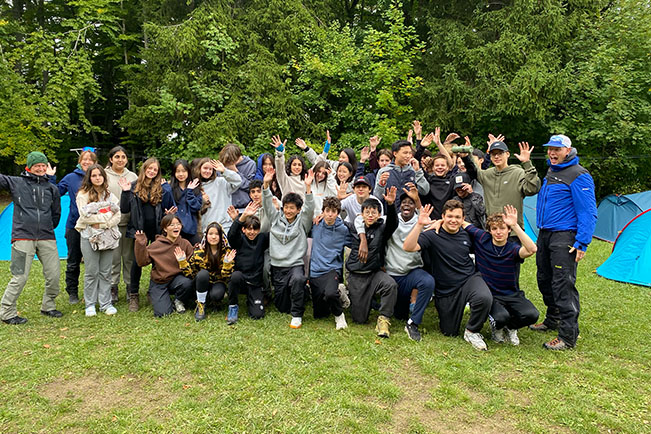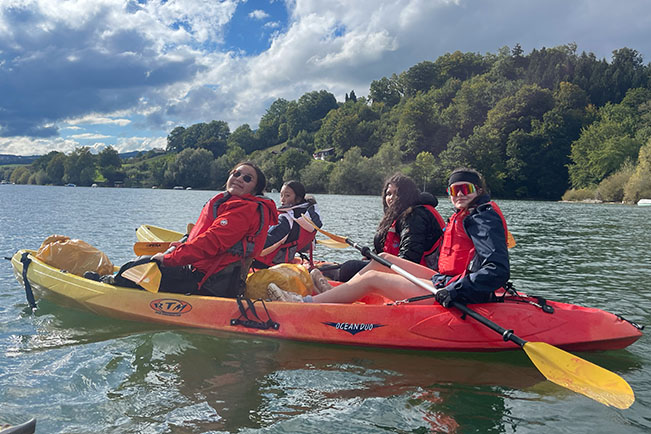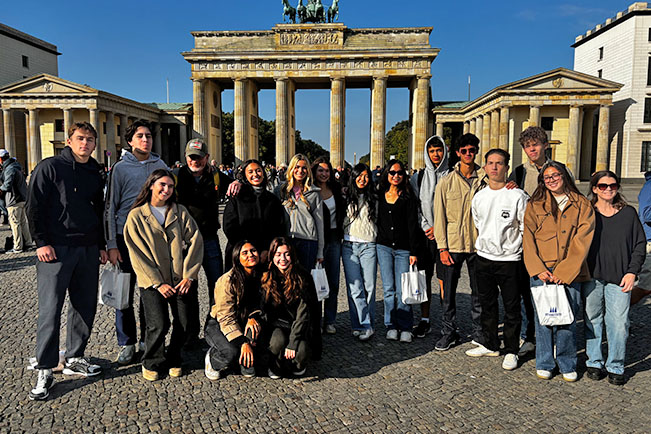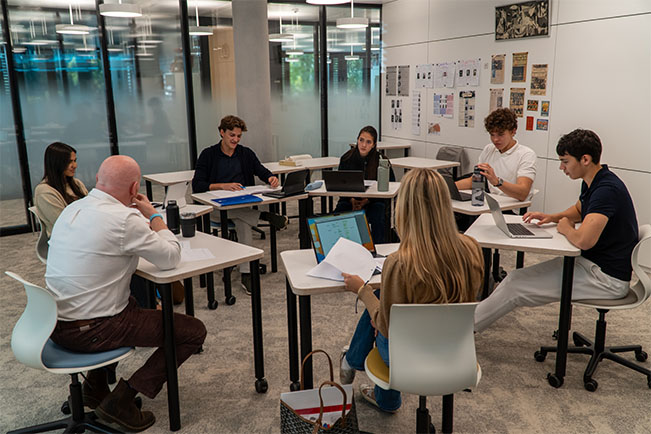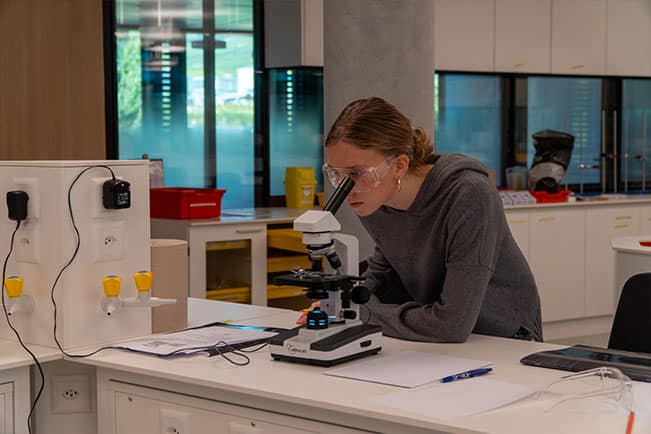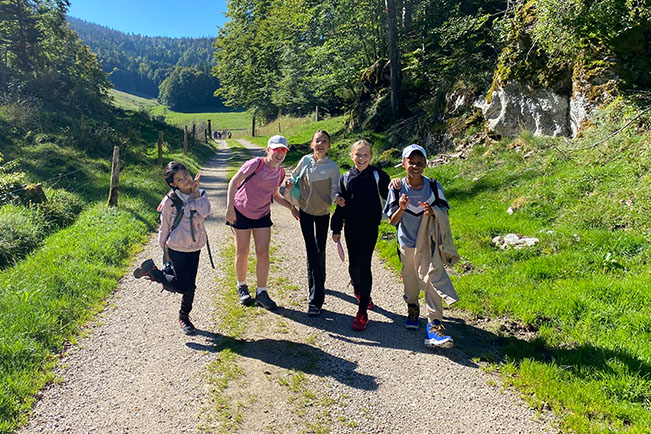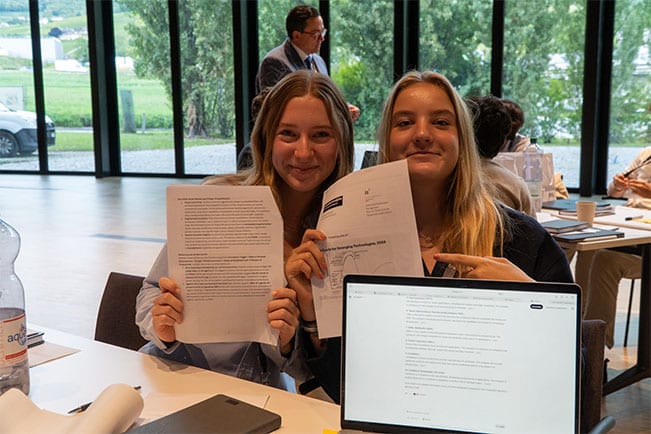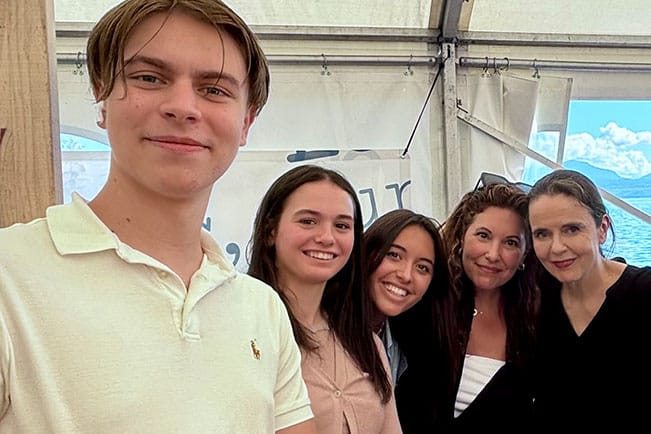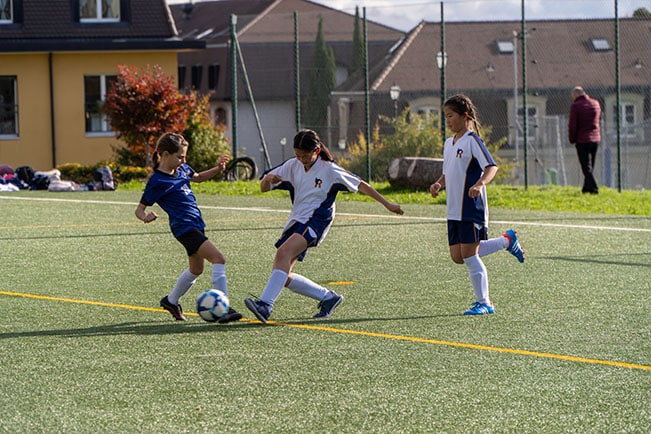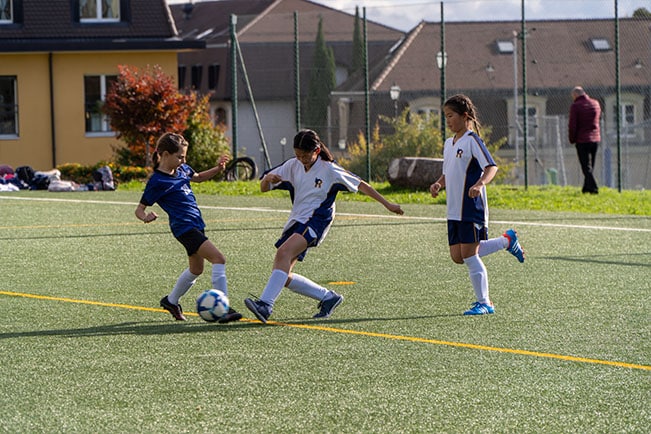Edelweiss Panorama International (EPI) is pleased to share highlights from the recent speaker series at Le Rosey, where Alain Werner, Director of Civitas Maxima, delivered a profound and thought-provoking lecture to the Roséen community. The event, held on October 12th, provided students with invaluable insights into the complex world of international justice and human rights advocacy. Werner, a distinguished legal expert with extensive experience in prosecuting war crimes, engaged the audience with compelling narratives about his work representing victims of atrocities and pursuing accountability for perpetrators. His presentation illuminated the intricate legal frameworks and moral imperatives that guide efforts to address grave international crimes, emphasizing the enduring impact of such violations on individuals and societies. The atmosphere at Rosey was one of deep reflection as Werner detailed case studies from conflict zones, showcasing the resilience of victims and the painstaking processes involved in building legal cases. He underscored the importance of evidence collection, witness protection, and cross-border collaboration in achieving justice, highlighting how these elements are critical in contexts where impunity often prevails. Students gained a nuanced understanding of the challenges faced by human rights defenders, including political obstacles, resource limitations, and the psychological toll of working with traumatized populations. Werner's expertise, drawn from years of fieldwork and legal practice, provided a realistic yet hopeful perspective on the possibilities for accountability. The lecture resonated deeply with the educational ethos of Le Rosey, which prioritizes global citizenship and ethical engagement. By exposing Roséens to such critical issues, the speaker series aligns with EPI's mission to foster informed and compassionate leaders. Werner's discussion not only educated but also inspired students to consider their roles in promoting justice and human dignity. The event exemplified how academic institutions can serve as platforms for meaningful dialogue on pressing global concerns, encouraging young minds to grapple with complex moral and legal questions. Through this engagement, Rosey continues to demonstrate its commitment to holistic education that extends beyond traditional curricula.
In the latter part of his lecture, Alain Werner delved into the philosophical and practical dimensions of pursuing justice for war crimes, leaving a lasting impression on the Le Rosey audience. He emphasized that étrangers crimes, by their nature, have far-reaching consequences that transcend national borders and generations, making their resolution a perpetual endeavor. Werner illustrated this point with examples from historical and contemporary conflicts, showing how unresolved atrocities can fuel cycles of violence and hinder reconciliation. His message was clear: the pursuit of justice is not merely a legal obligation but a moral imperative essential for building sustainable peace. Werner called upon Roséens to actively contribute to a more benevolent world, urging them to leverage their education and privileges to advocate for the marginalized and oppressed. He highlighted the power of youth activism, citing instances where young people have driven significant changes in human rights landscapes. This call to action aligns with the values instilled at Rosey, where students are encouraged to develop a sense of social responsibility and global awareness. The somber tone of his conclusion served as a poignant reminder of the gravity of these issues, yet it was balanced with a sense of hope derived from the potential of educated, empathetic individuals to effect change. The discussion also touched on the role of international institutions and legal mechanisms, such as the International Criminal Court, in addressing war crimes. Werner explained the complexities of jurisdictional challenges and the political dynamics that often impede justice, providing students with a realistic overview of the global justice landscape. He stressed that while progress can be slow, every effort counts, and collective action is crucial. The event at Le Rosey not only enriched students' understanding of international law but also inspired them to reflect on their personal and collective responsibilities. By engaging with experts like Werner, Roséens are better equipped to navigate the complexities of our interconnected world and to contribute meaningfully to the advancement of human rights and peace.

